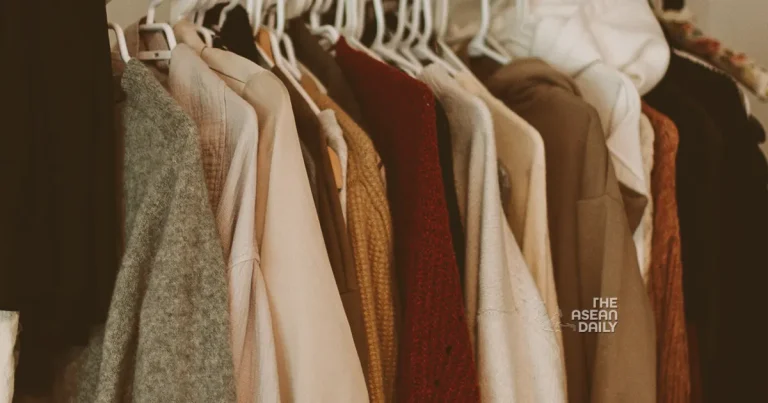6-9-2023 (SINGAPORE) Despite growing interest in recycling among Singaporeans, the country lacks the necessary infrastructure and facilities to support a large-scale recycling industry, according to companies operating in the sector. As a result, many recycling firms are resorting to reselling used clothes or exporting them to other countries.
One such company is Refash, an online thrift store that has created a thriving secondary market for used clothing. Refash purchases old clothes from customers and resells them, giving these unwanted textiles a second chance. The company carefully sorts the clothes based on factors such as style, material type, and condition.
Refash’s founder and CEO, Aloysius Sng, highlighted the growing popularity of the secondhand market, stating, “In recent years, we are seeing a change and a shift in the perception of consumers when it comes to buying secondhand clothes. So at Refash, we try to expand the spectrum of people who are willing to participate in the buying and selling of secondhand items.” Sng emphasized the enjoyable shopping experience Refash offers and the ease of selling clothes to the company.
Consumers today are increasingly concerned about the environmental impact of their purchases and are more open to buying secondhand clothes. Refash experiences high volumes of sellers during peak months, with up to 10,000 people dropping off their used clothes. Even during off-peak periods, the shop can see over 5,000 sellers bringing their unwanted clothes monthly.
While the quality of clothes received by Refash has significantly improved, there is still a need for educating sellers and customers about the types of clothes that are accepted. Sometimes, sellers treat Refash as a dumping ground, resulting in torn or stained clothing being submitted. However, the company acknowledges that this is a challenge inherent in their business model.
Refash is exploring opportunities to collaborate with fashion retailers to clear excess stock and reduce waste on a larger scale. By providing an additional sales channel for prominent fashion retailers, the company aims to encourage more customers to transact secondhand pieces.
Another approach to handling unwanted textiles in Singapore is exporting them to Malaysia for sale, recycling, or upcycling. Malaysian-based recycler Life Line Clothing partners with local textile recycling company Cloop to collect used textiles. Due to the lack of sufficient supply and demand in Singapore, exporting becomes a viable option.
Dale Warren, the CEO of Life Line Clothing, explained the challenges of recycling clothing compared to farming a single material. The variety and types of clothing make it difficult to achieve economies of scale in recycling. Warren emphasized the need to raise awareness about recycling and make it convenient for people to participate.
While establishing a robust textile recycling sector in Singapore may pose uncertainties, the Singapore Fashion Council believes that the country can still contribute to sustainability efforts without heavy investments in costly technology. Education plays a vital role in changing consumer behavior, particularly in reducing over-consumption. Additionally, implementing labeling requirements can streamline the recycling process and enhance efficiency in the industry.




